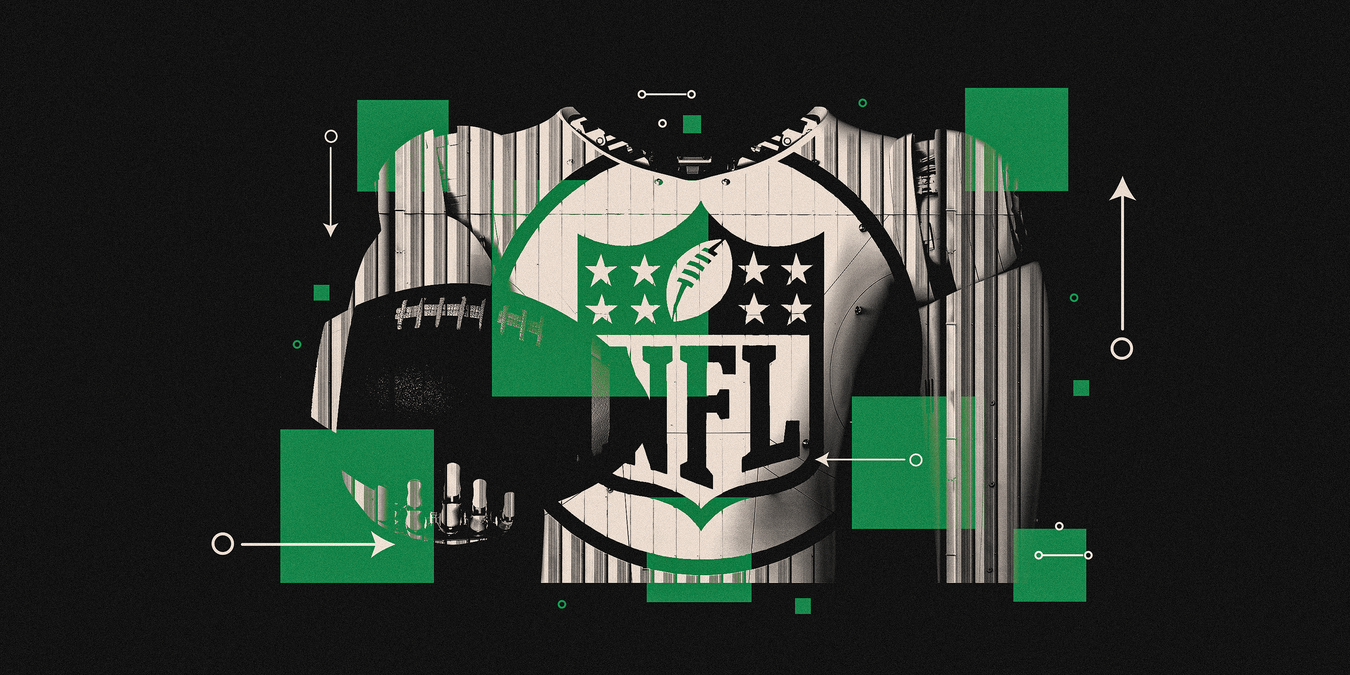AI and Human Doctors: A Powerful Diagnostic Partnership
In a groundbreaking study, researchers have discovered that collaboration between artificial intelligence (AI) systems and human medical professionals results in more accurate diagnoses than when either works alone. The findings highlight the potential of AI as a valuable tool in the healthcare space, not just as a standalone solution but as a partner to human expertise.
How the Study Was Conducted
The research team evaluated how AI-assisted diagnoses compared with those made solely by medical professionals. Participants included radiologists, general practitioners, and AI models trained on large datasets of medical information. During the study, human experts were asked to analyze a series of complex medical cases, both independently and with the support of AI-generated suggestions.
The results revealed a significant improvement in diagnostic accuracy when human professionals worked alongside AI. The collaboration allowed clinicians to spot patterns and anomalies that may have gone unnoticed otherwise, while the AI benefited from the nuanced judgment and contextual understanding that only human experience can provide.
AI’s Strengths Complement Human Judgment
AI systems are particularly adept at handling large volumes of data quickly and identifying patterns that might escape the human eye. However, they often lack the ability to interpret ambiguous symptoms and contextualize patient history. This is where human expertise plays a crucial role. By working together, AI and humans can combine speed and precision with empathy and reasoning.
“AI doesn’t replace doctors — it amplifies their capabilities,” said one of the lead researchers. “When we use AI as a collaborative tool rather than a replacement, the benefits become clear.”
Real-World Applications and Benefits
This collaborative approach is already being tested in hospitals and clinics worldwide. In radiology, for instance, AI tools can pre-screen images for abnormalities, allowing radiologists to focus more deeply on complex cases. Similarly, in dermatology, AI can analyze skin images to flag potential cancers, providing a second opinion that enhances diagnostic confidence.
The study’s findings suggest that this hybrid model could improve patient outcomes by reducing diagnostic errors, which are a significant issue in modern healthcare. According to a report by the National Academies of Sciences, Engineering, and Medicine, diagnostic errors contribute to approximately 10% of patient deaths and up to 17% of hospital adverse events.
Challenges and Ethical Considerations
Despite the promise, integrating AI into medical practice is not without challenges. Issues such as data privacy, algorithmic bias, and the need for rigorous validation remain critical. Additionally, doctors must be trained not only to use AI tools but also to understand their limitations.
“Trust in AI must be earned,” noted a healthcare technology expert. “Clinicians need to feel confident that these tools are reliable and that they enhance, rather than hinder, their clinical judgment.”
Moreover, ethical considerations must be taken into account, particularly when it comes to patient consent and transparency. Patients should be informed when AI is involved in their care and understand how it influences decision-making.
Future Implications for Healthcare
As AI technologies continue to evolve, their role in healthcare is poised to expand. The study underscores the importance of designing AI systems that are not just efficient, but also user-friendly and aligned with clinical workflows. It also calls for ongoing research to refine these tools and ensure they are equitable and unbiased.
Healthcare institutions are encouraged to adopt AI in a phased and thoughtful manner. Pilot programs, continuous training, and feedback loops will be essential to ensure successful integration. By doing so, the medical field can harness the full potential of AI while maintaining high standards of care.
Conclusion
The findings from this study mark a significant milestone in the journey toward more effective, technology-enhanced healthcare. By leveraging the strengths of both human intelligence and artificial intelligence, the future of medical diagnostics looks more accurate and efficient than ever before.
While AI alone may not be a silver bullet for diagnostic challenges, its ability to enhance human decision-making is clear. The key lies in fostering collaboration, not competition, between man and machine.
This article is inspired by content from CNBC. It has been rephrased for originality. Images are credited to the original source.








